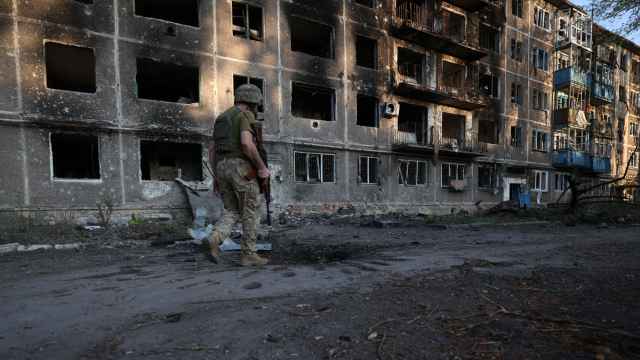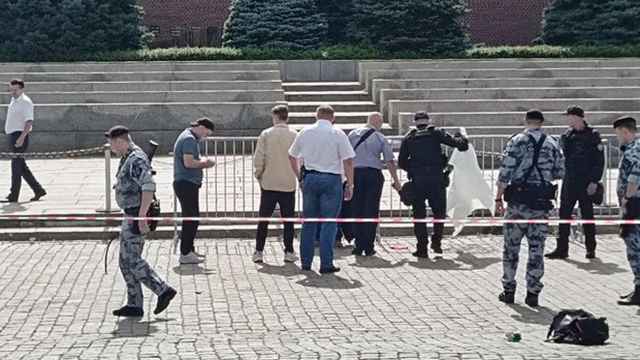Senior officials of the security services — the Federal Security Service, the Foreign Intelligence Service and the Federal Guard Service — have declared their incomes for 2011, and, in contrast to other government officials, most don't own vehicles and are the main breadwinners for their families.
The head of the FSB, Alexander Bortnikov, earned 4.6 million rubles ($158,000) in 2011 — about the same as he earned the previous year. According to his public declaration, his personal property consists of a 99-square-meter apartment, a garage and two parking spaces. His wife earned 150,157 rubles. Neither he nor his family members own any means of transportation.
His highest-earning deputy is Sergei Buravlyov, who earned 5.6 million rubles in 2011. Though his wife owns a parking space, the family also does not own any vehicles.
Yevgeny Murov, chief of the Federal Guard Service, reported a salary of 5.7 million rubles in 2011. His collection of vehicles includes an antique Moskvich automobile, a Harley Davidson motorcycle, and Honda and Suzuki scooters. But a Porsche Cayenne and a 4,500-square-meter plot of land that were in his 2010 statement are not listed in this declaration.
The head of the Foreign Intelligence Service, Mikhail Fradkov, earned 5.2 million rubles in 2011 — nearly 2 million rubles less than the previous year. He owns a 1-hectare plot of land, but neither he nor his wife owns any vehicles.
A Message from The Moscow Times:
Dear readers,
We are facing unprecedented challenges. Russia's Prosecutor General's Office has designated The Moscow Times as an "undesirable" organization, criminalizing our work and putting our staff at risk of prosecution. This follows our earlier unjust labeling as a "foreign agent."
These actions are direct attempts to silence independent journalism in Russia. The authorities claim our work "discredits the decisions of the Russian leadership." We see things differently: we strive to provide accurate, unbiased reporting on Russia.
We, the journalists of The Moscow Times, refuse to be silenced. But to continue our work, we need your help.
Your support, no matter how small, makes a world of difference. If you can, please support us monthly starting from just $2. It's quick to set up, and every contribution makes a significant impact.
By supporting The Moscow Times, you're defending open, independent journalism in the face of repression. Thank you for standing with us.
Remind me later.






